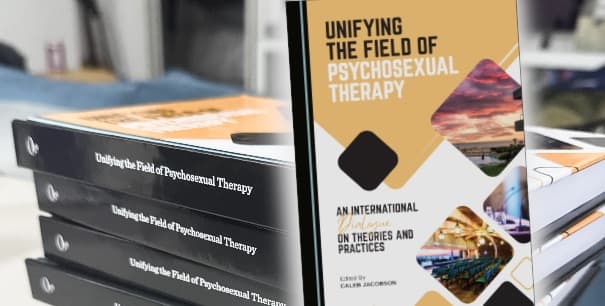Personify your ADHD
A common strategy in therapy is to name your feelings. “I feel frustrated.” “I feel betrayed.” “I feel elated!”
ADHD is a collection of neurological differences that instigate and exacerbate emotions and physical feelings. Naming your ADHD emotions is probably not as effective as naming experience that come along with your ADHD and where you feel them in your body.
#adhdtips
Let’s walk through an exercise that might better acquaint you with your ADHD: use a metaphor to personify it.
Use words to draw a picture of how you perceive your ADHD and how it interacts with you. If art is your outlet, draw a picture of your ADHD. You could even do a comic book or graphic novel page to tell the story. The important thing is to gain and share understanding of how you experience your ADHD.
For some folks, their ADHD is a pack of mischievous pixies that pop in and misplace or steal things from their mind. Others might experience a monster that slobbers on everything so they won’t want to interact with their thoughts and feelings. Some people have described their ADHD as a sticky, dark fog that covers everything and blocks the light of expression.
Everyone is unique and so is their ADHD personified
Once you can create your ADHD as a character in the story of your mind, it’s time to watch when and how it enters your mind. Does your ADHD tend to accompany specific emotions, situations, or activities?
Does the ADHD sneak in when you have left the door of thoughts open? Will it jump out from behind another thought and hijack your mind? When you feel anxiety over a conversation, does it Apparate like an evil wizard in Harry Potter? I’ve felt like I’m the ringmaster in a flea circuits. It’s ok if you don’t have an immediate description for how your ADHD enters your mind. Give yourself permission to experience your ADHD as an external bystander. Mindfully experience your ADHD in the moment.
Once you have observed it’s entry, look for clues to watch for so you can begin to predict its intrusion.
With a good descriptive metaphor for your ADHD and its entry into your mind, it’s time to start writing the script of how you’d like it to behave and interact with you. Your screenplay or script is your goal for how you want your ADHD to interact with you. It’s not an expectation of what happens at this point in your journey; it’s where you want to be.
Getting your personified ADHD to follow the script requires patience, perseverance, experience, and work. You probably won’t be able to force your ADHD to follow the screenplay at first and working with an ADHD coach or ADHD-trained therapist can help with the process.







